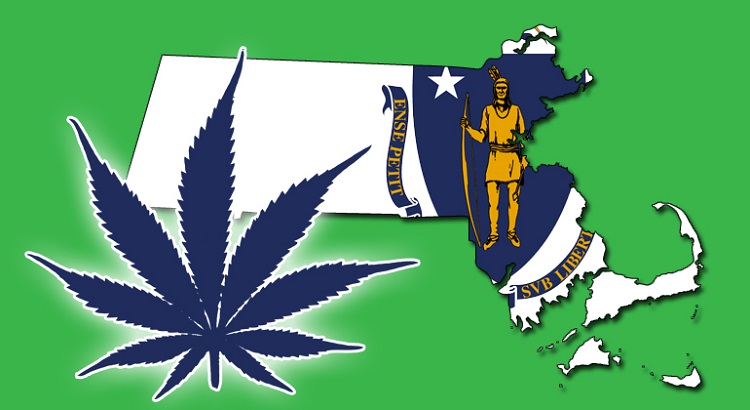Massachusetts cannabis retailer files lawsuit against city over ‘community impact fees’
A Massachusetts-based cannabis retailer has initiated a lawsuit against the City of Gloucester regarding “community impact fees.” According to the retailer, who is based in Cape Ann, the extortionate fees are having a negative impact on business.
Submitted by the owner of Happy Valley in Salem Superior Court, the lawsuit is targeted towards the city and its departing Mayor Sefatia Romeo Theken. Based on a report by The (Newburyport) Daily News, the city is being asked to return almost $500,000 in fees.
As per the lawsuit, Gloucester City officials emphasized the importance of community agreements that required each cannabis retailer to allocate a minimum of three percent of gross sales, in addition to extra money for charitable donations.
The city also requested separate agreements for the company’s three unique parts — the lawsuit states that the three percent fee applies to the retail division, whereas a $100,000 annual fee must be earmarked by the cultivation facility and a $50,000 annual fee for cannabis processing.
Excessive fees are negatively impacting small cannabis business owners in Massachusetts
According to the president of the Commonwealth Dispensary Association – a cannabis retail trade group – the community impact fees imposed a “pay to play” burden upon small business owners in minority-majority communities; many of whom struggle to afford startup costs, let alone community impact fees.
Issues pertaining to these fees were initially raised back in September, at which point the chairman of Massachusetts’ Cannabis Control commission publicly discussed his concerns regarding claims by Haverhill town that three cannabis retail shops were creating $3 billion in annual debt for the municipality. As a direct effect of this, the town sought to collect fees proportionate to the debt incurred by the cannabis companies.
Northampton was believed to be the first Massachusetts community to waiver fees of this kind. Back in January, Mayor David Narkewicz announced the jaw-dropping news that the city would refrain from collecting a three percent community impact fee associated with cannabis business.
The city of Northampton is where one of the first recreational cannabis retail stores opened its doors back in 2018 — NETA. Three years prior to the company’s adult-use store launch, NETA celebrated the opening of Massachusetts’ second medical cannabis dispensary.
About Massachusetts’ recreational cannabis law
The recreational use of cannabis by adults is legal in the State of Massachusetts. Based on state law, adults aged 21 and above can legally purchase and consume the plant, even if they are not a state resident.
However, it’s important that all customers present retailers with a valid government-issued ID to prove they are of legal age.
Although public cannabis use is prohibited, consumers who venture outside of their personal residence can possess a maximum of one ounce of flower and five grams of concentrate.
Massachusetts’ recreational cannabis law also stipulates that, for up to five years, communities should request charitable contributions and annual fees of up to three percent of gross sales from cannabis companies, A.K.A. “community impact fees.”
The law clearly states that a company’s obligation to pay such fees should depend on the impact that their business has on the community.








